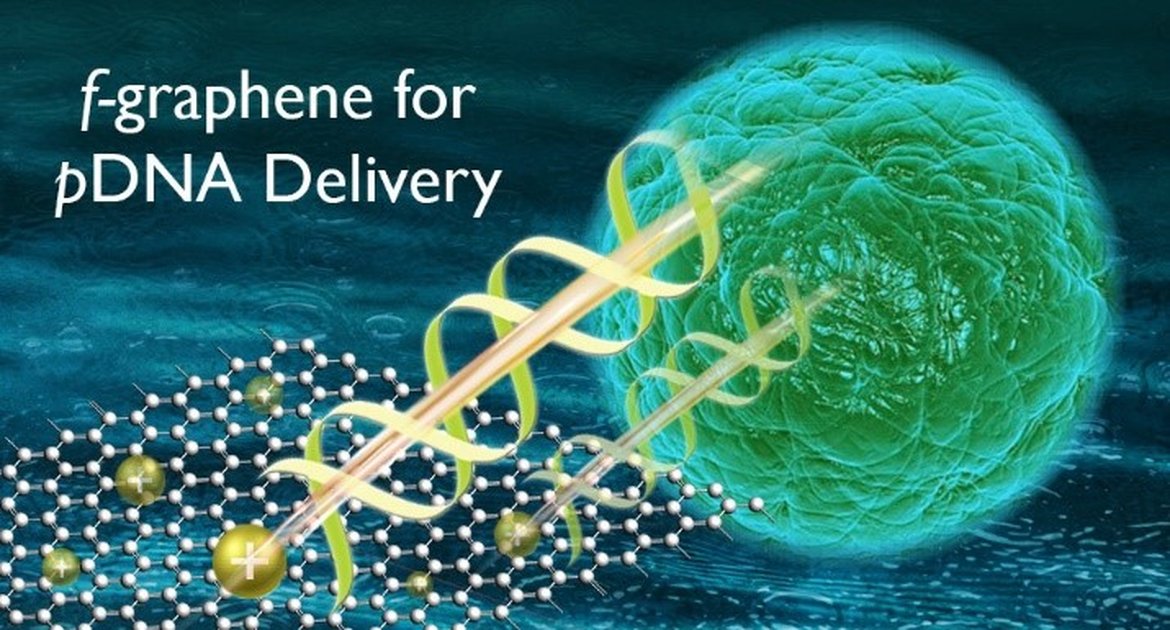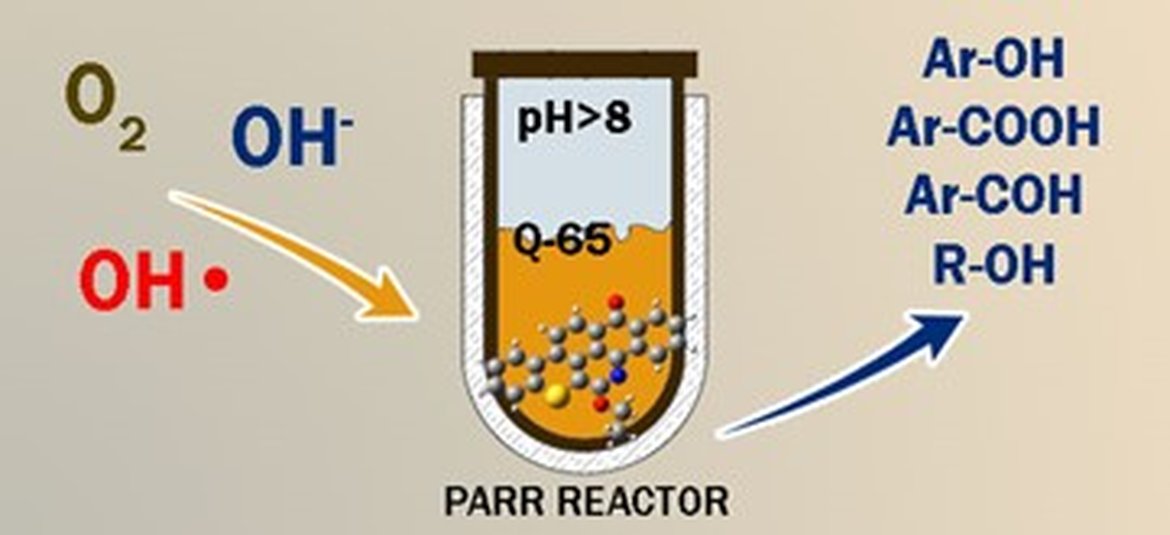Waste-to-Fuel, Shaping a Sustainable Tomorrow
Waste-to-Fuel, Shaping a Sustainable Tomorrow
Research Interests

1. Methane Conversion
The direct conversion of methane to other chemicals is challenging due to the strength of the C-H bond and its low polarizability. Methane dehydroaromatization (MDA) has garnered attention for its potential to produce clean fuel and important chemical building blocks. However, challenges remain in synthesizing efficient catalysts and understanding the reaction mechanisms. Our research focuses on developing new zeolite-based catalysts that are super acidic, highly active, and stable, helping bridge gaps between theory and practice and paving the way for the commercialization of MDA technology.

2. Sustainable Production of Ammonia
Ammonia, the second most produced chemical globally, plays a vital role in the fertilizer industry and has potential as a high-energy, carbon-neutral fuel. The conventional Haber process for ammonia production is energy-intensive and relies on natural gas, resulting in CO2 emissions. Our research focuses on developing new catalytic processes that use non-fossil fuel resources, consume less energy, and avoid CO2 emissions. Additionally, We are exploring novel methods to produce ammonia from wastewater and pharmaceutical nitrogen-containing wastes.

3. Industrial Wastewater Treatment
With rising populations, wastewater management is becoming increasingly urgent. Our research involves the adsorption of contaminants and heavy metals using metal oxide nanoparticles and optimizing these processes through experimental and theoretical approaches. In addition, We are developing new photocatalytic reactors that utilize visible solar energy to degrade pharmaceutical contaminants. This work includes the creation of hybrid metal oxide photocatalysts, such as titanium oxide coupled with semiconductors like cadmium sulfide, tin oxide, or tungsten oxide, with the aim of scaling these processes to industrial applications.

4. Quantum Theoretical Calculations
Theoretical calculations provide critical insights into chemical systems, especially when experimental studies are limited. Our work has contributed to understanding reaction pathways in thermal oxidation of asphaltene mimics by comparing experimental and calculated kinetics and thermodynamics. Current efforts are focused on studying degradation mechanisms of dyes, pharmaceuticals, and heavy oil residues to uncover the underlying reaction mechanisms.

5. Waste-to-Fuel from Biomass
Converting biomass into sustainable fuels offers a promising pathway to address global energy challenges and reduce dependence on fossil fuels. Our research focuses on developing advanced catalysts and processes for efficient conversion of biomass into high-value fuels. By integrating these technologies into industrial applications, this work contributes to a circular econoour by transforming organic waste into energy resources.
Author links open overlay pane
- Collaborative Grant, Lead Principal Investigator, Qatar University, (300,000 QR), 2021
- Undergraduate Research Experience Program (UREP28-063-1-008), Qatar National Research Fund, ($5000 USD), 2021
- Research Grant (ANNU-1819-Sc014), An-Najah National University, ($5000 USD), 2018
- Zamala Fellowship for Palestinian Researchers, ($25,000 USD), 2018









